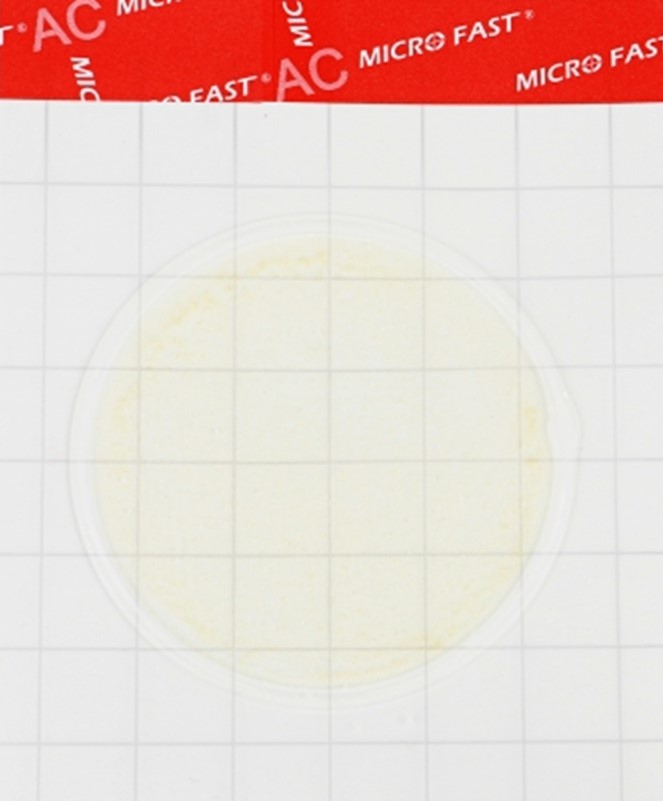U.S. says cap on oil prices from Russia 'works well '

The cap on oil prices from Russia imposed by the G7 and allies is "working well." This was stated by US Energy Representative Amos Hochstein, reports Reuters.
“I think the beauty of the process is that it works and that Russian oil and Russian products are sold below marginal prices,” he said on the sidelines of the CERAWeek energy conference in Houston, Texas.
Hochstein recalled that Moscow announced in February that it would cut production by 500 thousand barrels. per day, or about 5% of the volume of production in Russia. However, he said the cuts had a "minor impact" on the prices buyers paid for Russian oil.
“I don't know why Russia is reducing their production. I don't think the price has gone up that much. We want to make sure that Russian barrels are on the market and are traded at a discount,” he said.
The limit price regime for oil supplies from Russia has been in effect since December 5, 2022. The ceiling is set at $60. Restrictive measures were approved by the G7 countries (USA, UK, Germany, France, Canada, Italy and Japan), as well as the European Union and Australia.
In addition, on December 5, the European embargo on the supply of Russian crude oil by sea began to work, and on February 5, an embargo on Russian oil products was introduced.
Read pioneerprodukt.by “He pisses me off”: what to do if a colleague gets on your nerves A year under sanctions: why the Russian economy has survived. Western media version What common phrases in business correspondence destroy your reputation How to become a project manager and grow to earn 200 thousand rubles.Russia, in response to the introduced price ceiling, banned the supply of its oil and oil products, if the contracts "directly or indirectly provide for the use of the mechanism for fixing the marginal price."
Russia managed to reorient a significant part of oil supplies from Europe to Asia, but it is more difficult to do this with oil products, experts warned. According to Sinara's estimates, about half of the volumes of oil products that Russian companies supplied to the EU (0.6 million out of 1.2 million barrels per day) will not find new markets due to infrastructure restrictions. As a result, the bank predicts a decline in exports of petroleum products from Russia by 20% in 2023.
According to Deputy Prime Minister Alexander Novak, Russia is now fully selling the entire volume of oil produced, but, as promised, will not sell it to those who directly or indirectly adhere to the principles of the price ceiling. He called the introduction of the ceiling illegal.



























































